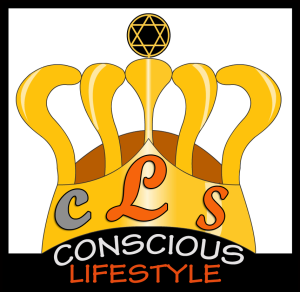Blog
Adolescence or adolescent
- October 14, 2013
- Posted by: admin
- Category: Uncategorized
Adolescence (from Latin adolescere, meaning “to grow up”)
is a transitional stage of physical and psychological human development that generally occurs during the period from puberty,
to teeage, youth all the way to legal adulthood (age of majority).
Being the transition stage in which the human mind begins to pick more interest and to also grasp and understand the psychological concepts which governs the different spheres of human cultural behavior.
The period of adolescence is most closely associated with the teenage years,
though its physical, psychological and cultural expressions may begin earlier and end later.
Culture:
The stage of adolescence also increases the interest of Cultural activities like; (dancing, singing, music, acting, gymnastics, training, body building, going to cinema, sports etc).
Within all of these perspectives, adolescence is viewed as a transitional period between childhood and adulthood,
whose cultural purpose is the preparation of children for adult roles.
On a psychological level:
Adolescence age of 14 to 19:
Boys:
While the boys want to become heroes and inspired by images of heroes,
Girls:
The girls in this stage are imagining themselves being the princess who is in love with the prince who has dedicated his life to the saving,
rescuing, protecting, defending,
and being present in her life for the sake of fulfilling the imaginations of her love .
Adolescence is a stage in which subjects of psychology, biology, history, sociology, education, spirituality,
and anthropology becomes more appreciated due to the psychological stimulation that begins at that stage.
The thoughts, ideas and concepts developed at this period of life greatly influence one’s future life, playing a major role in character and personality formation.
Wisdom, or the capacity for insight and judgment that is developed through the practice of morality experience,
has its strong influence over adolescence between the ages of fourteen and twenty-five, then levels off.
Thus, it is during the adolescence-adulthood transition that individuals acquire the type of wisdom that is associated with age. Wisdom is not the same as intelligence.
